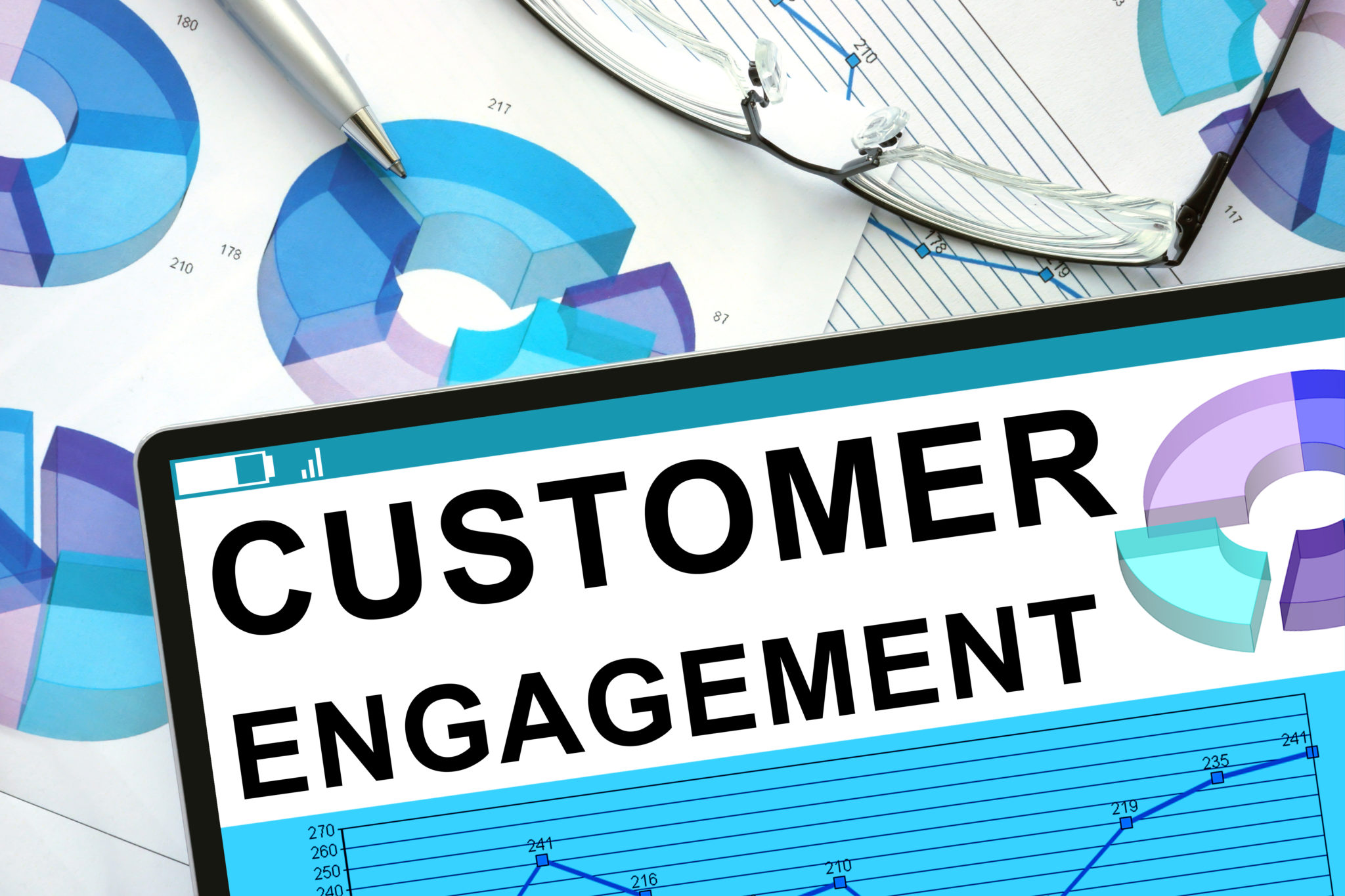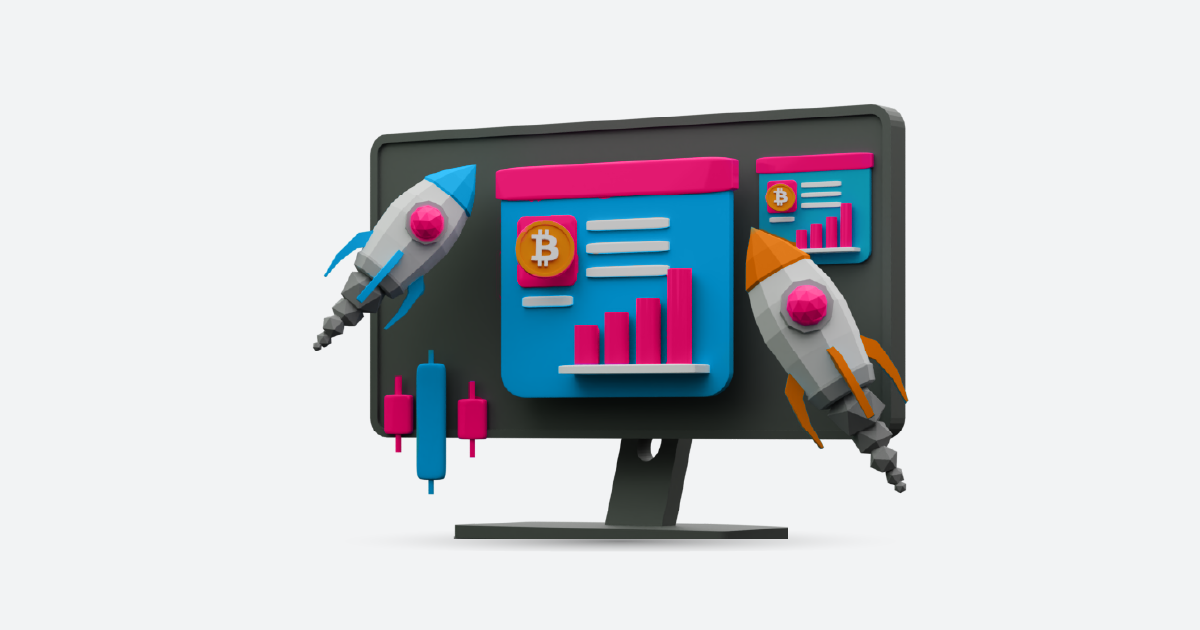In today’s competitive business landscape, customer engagement plays a pivotal role in the success of any B2B enterprise. Unlike B2C interactions, where the focus is on individual customers, B2B customer engagement involves fostering long-lasting relationships with other businesses. Developing an effective B2B customer engagement strategy is crucial for driving growth, enhancing brand loyalty, and achieving sustainable success. In this article, we will delve into the key aspects of crafting a winning B2B customer engagement strategy.
Understanding B2B Customer Engagement Strategy

B2B customer engagement involves the strategies and tactics that businesses employ to interact, communicate, and collaborate with other businesses in their ecosystem. Unlike B2C, where emotions often play a pivotal role, B2B engagement centers on delivering value and addressing the specific needs of the partnering company.
Benefits of a Robust B2B Customer Engagement Strategy
A well-crafted B2B customer engagement strategy yields several advantages. Not only does it foster customer loyalty and retention, but it also opens avenues for cross-selling and upselling. Additionally, businesses with strong engagement strategies are better positioned to adapt to changing market dynamics.
Key Components of a Successful B2B Customer Engagement Strategy
1. Identifying and Segmenting Target Audience
Before engaging with customers, businesses must identify their ideal clients and segment them based on various criteria. This allows for personalized communication tailored to each segment’s unique pain points and goals.
2. Personalization: Tailoring Experiences
Personalization goes beyond addressing customers by their names. It involves understanding their preferences, pain points, and aspirations, and then tailoring solutions that resonate with them on a deeper level.
3. Leveraging Multi-Channel Communication
B2B customers interact through various channels. Utilizing a mix of communication channels, such as email, social media, and direct messaging, ensures a wider reach and increased chances of engagement.
Building Trust Through Thought Leadership
Establishing thought leadership within the industry helps build trust with B2B partners. Sharing valuable insights, research, and expertise positions a business as a credible and reliable source.
Data-Driven Insights for Enhanced Engagement
Data analytics plays a pivotal role in understanding customer behavior. By analyzing the data generated through interactions, businesses can gain actionable insights to refine their engagement strategies.
Collaborative Partnerships: A Two-Way Street
B2B engagement should be viewed as a partnership rather than a transaction. Encouraging collaborative problem-solving and open dialogue fosters a sense of mutual growth.
Feedback Loop: Listening and Adapting
Listening to customer feedback is essential. Regular feedback loops help businesses adapt their strategies according to evolving needs, ensuring ongoing relevance.
Measuring Success: Metrics for Evaluation
1. Customer Satisfaction (CSAT)
CSAT measures the level of customer satisfaction with the provided services. Regularly tracking CSAT scores provides insights into the effectiveness of engagement efforts.
2. Net Promoter Score (NPS)
NPS gauges the likelihood of customers recommending a business to others. A high NPS indicates strong engagement and customer loyalty.
3. Customer Lifetime Value (CLTV)
CLTV assesses the total value a business can expect from a customer throughout their partnership. Higher CLTV often correlates with effective engagement.
Challenges in B2B Customer Engagement and How to Overcome Them
1. Long Sales Cycles and Engagement Persistence
B2B sales cycles can be lengthy. Persistence and consistent engagement efforts are required to maintain interest and nurture leads over time.
2. Navigating Complex Buying Committees
B2B purchases often involve multiple decision-makers. Understanding the dynamics of buying committees and tailoring engagement accordingly is crucial.
3. Adapting to Evolving Customer Needs
Businesses must stay attuned to shifting customer needs. Adapting strategies to align with evolving requirements showcases a commitment to the partnership.
The Role of Technology in B2B Customer Engagement
1. Customer Relationship Management (CRM) Systems
CRM systems help manage customer interactions and provide insights for more personalized engagement.
2. Marketing Automation Platforms
Automation streamlines repetitive tasks, allowing businesses to focus on high-value interactions and relationship-building.
Conclusion
Crafting an effective B2B customer engagement strategy is a multifaceted endeavor that requires a deep understanding of the target audience, a commitment to building trust-based partnerships, and a willingness to adapt to changing dynamics. By prioritizing personalized interactions, data-driven insights, and collaborative communication, businesses can establish enduring relationships that drive growth and success.
To learn more about how AIM Technologies can assist you in implementing a successful B2B customer engagement strategy, request a demo today!
FAQs
What is the primary goal of a B2B customer engagement strategy?
- The primary goal is to build strong, lasting relationships with partnering businesses, fostering loyalty and driving mutual growth.
How can businesses overcome the challenges of long B2B sales cycles?
- Persistence, consistent engagement, and providing valuable insights are key to maintaining interest throughout lengthy sales cycles.
What metrics indicate the success of B2B engagement efforts?
- Customer Satisfaction (CSAT), Net Promoter Score (NPS), and Customer Lifetime Value (CLTV) are key metrics for evaluating engagement success.
Why is personalization important in B2B customer engagement?
- Personalization shows that a business understands its partner’s unique needs, fostering a stronger emotional connection and trust.
What role does technology play in B2B customer engagement?
- Technology, such as CRM systems and marketing automation platforms, streamlines processes, enhances personalization and improves overall engagement efficiency.




